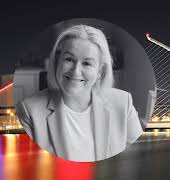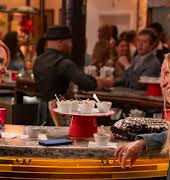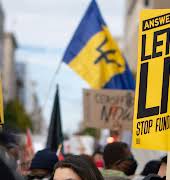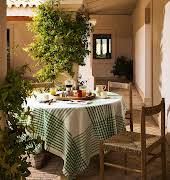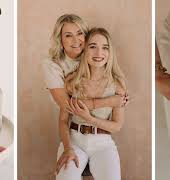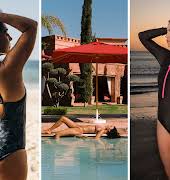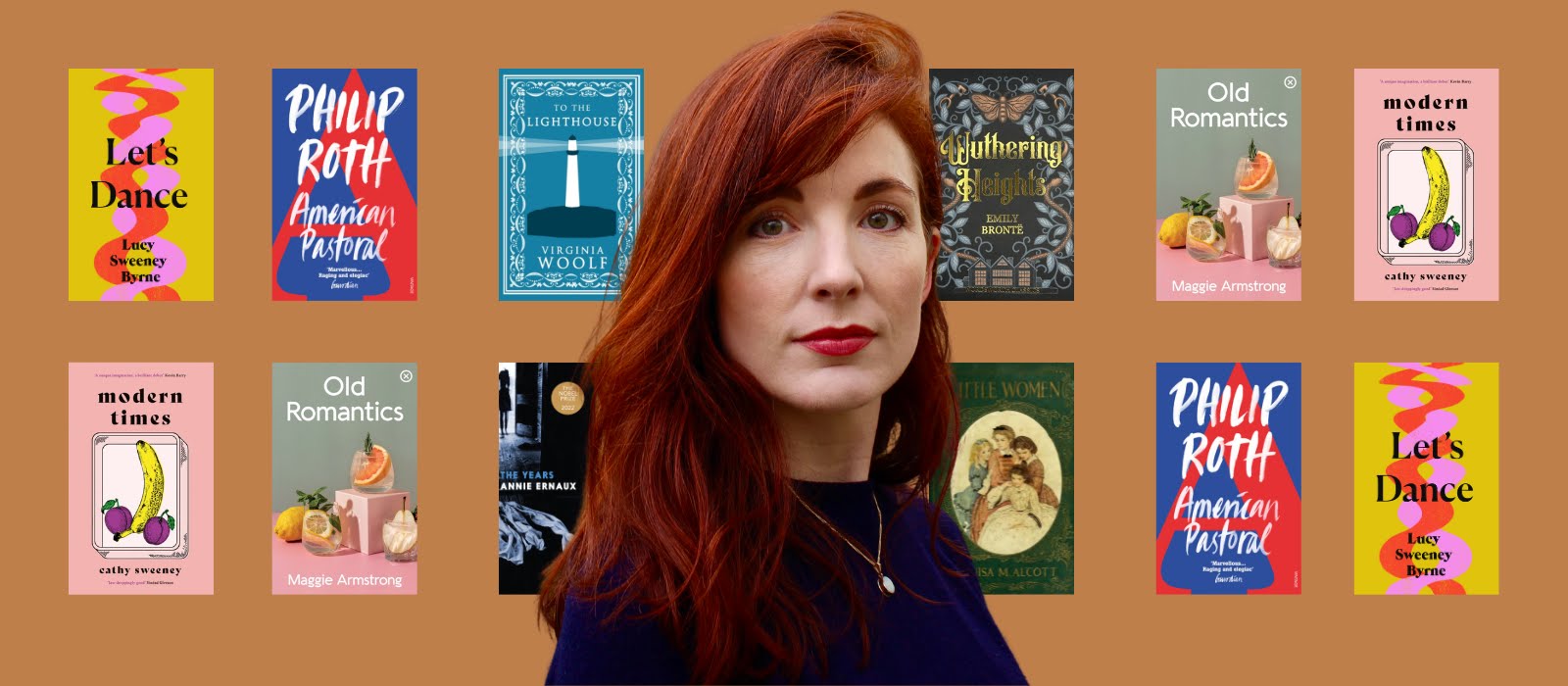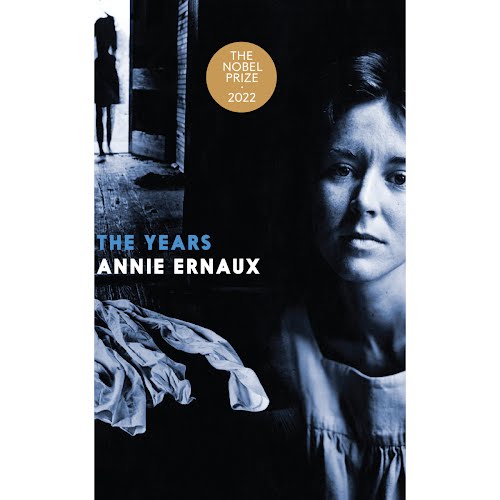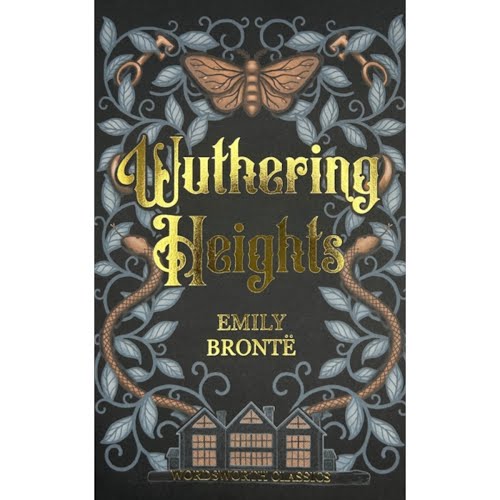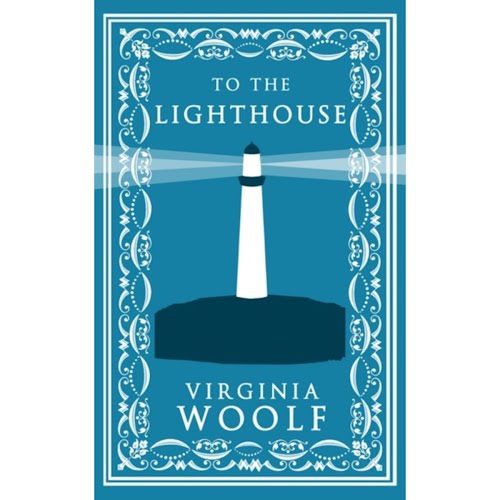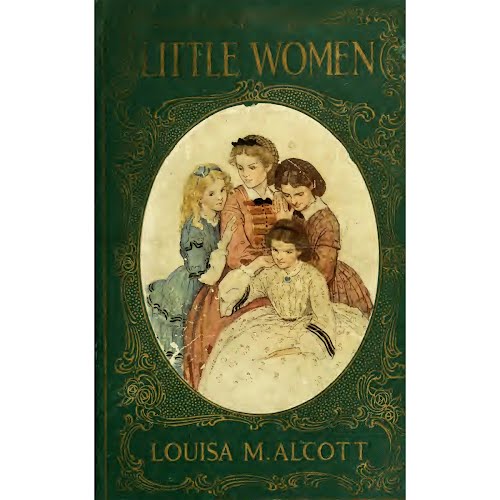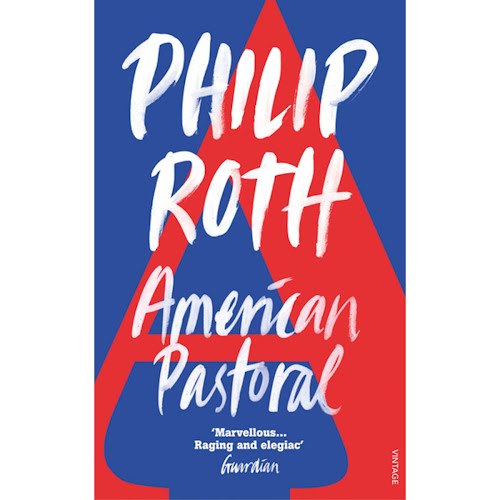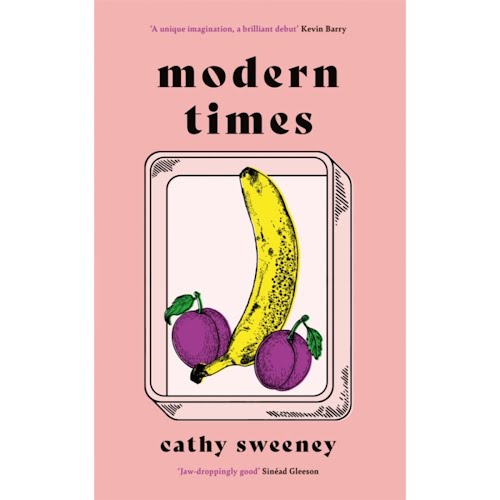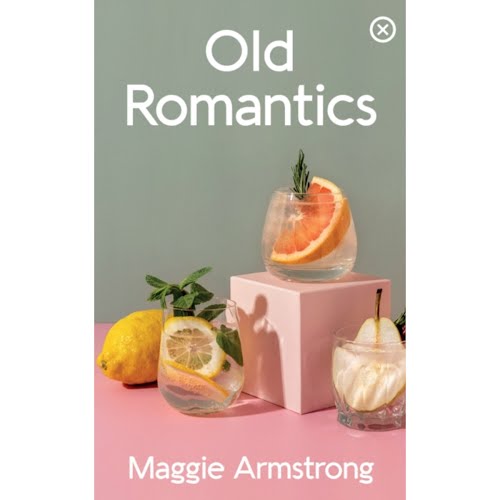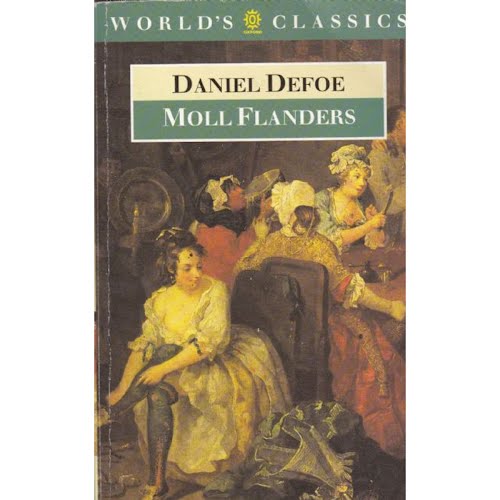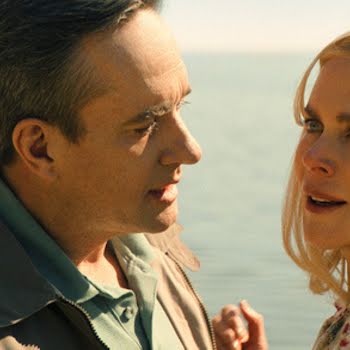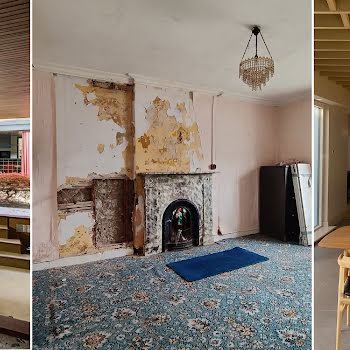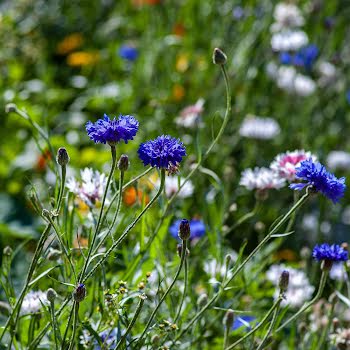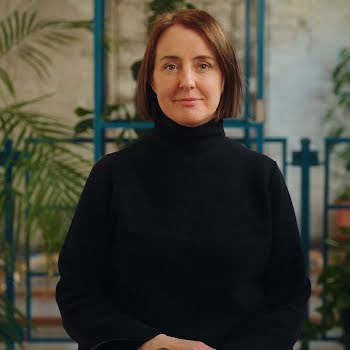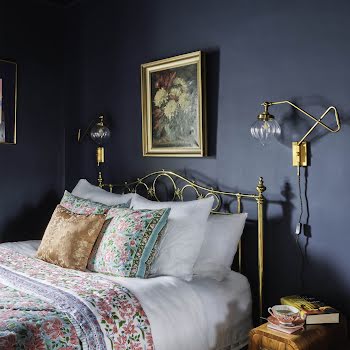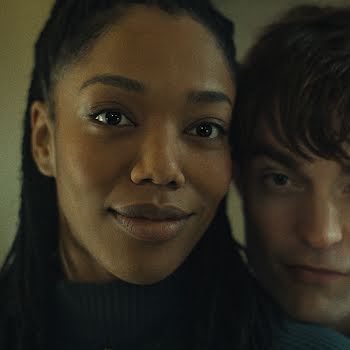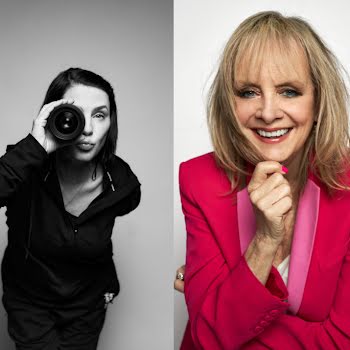Here, we sit down with Lucy Sweeney Byrne to discuss beloved literary titles, writing process, and the act of using language and narrative to make sense of things.
Lucy Sweeney Byrne’s short story collection, Paris Syndrome, was published in 2019 and met with critical acclaim. The title was shortlisted for numerous awards, including the Edge Hill Prize, the Kate O’Brien Award, the Butler Literary Award, and the John McGahern Prize. Her latest collection, Let’s Dance, was published in October, and is at once daring, dark, provocative, witty, and insightful.
The experience of journeying through this collection of stories is exactly that; a journey. Growing increasingly more gnarly and adopting a quicker pace, these worlds that open up on the page transfix and astound. I devoured these pages ravenously, suspended in the hypnosis of this author’s artful spell.
The stories span newlyweds grappling with the chasm that’s opened up between them, a woman’s inner monologue at a drug-fuelled house party, a young mother tries to eke out a life for her family on an island named for a dead man, unaware of the psychic toll that is taken on her by the land and sea.
You’ll be thinking of this collection of characters long after you’ve come to the book’s end. Read on for our interview with Lucy…

Did you always want to be a writer? Tell us about your journey to becoming a published author.
When I was a kid I wanted to be a princess, a queen, a temptress ruler of all the boys in my class, the usual malarky. Then I wanted to be a race car driver, then a film director. It was only in my teens, when trying to wrangle other sleepy, spotty teenagers into action, that I realised I disliked people-managing too much to ever work in any capacity on a movie set, except as a dictatorial auteur – and, apparently, they don’t let you start out like that. I also didn’t have much money. Writing is the ideal outlet for a person with both of these limitations. You work alone, and only need the most basic tools to do it. My teenage boyfriend bought me my first, miniature laptop for my seventeenth birthday, and on I went from there.
In terms of getting published, that came with submitting to literary magazines. Also, my mother signed me up to a writing class in The Irish Writers’ Centre. I have no doubt I learned a lot but, actually, the most useful aspect of that turned out to be the action of attending. It took me out of my bedroom and declared my intention to write as a public fact. It made the whole thing more real, and thus more viable. There is absolutely no point in being a good writer with talent, if you keep it in a notebook in a drawer (people use the Emily Dickinson fallacy, but she wanted to be recognised and published, and wrote for that purpose). Writing is the most anti-social way of doing an inherently social thing, so getting it and yourself out into the world is important.
What inspired you to start writing?
Well, beyond an inability to work with others, I suppose a need to express myself in some way. I think when I started writing the urge was probably shallower than I liked to think, in that I wanted to prove to people that I was somehow special, exceptional, not just another girl sitting on a couch at a party. I think there’s a quiet rage behind that feeling of being summarily dismissed, that probably gets a lot of young people, especially girls (whose role, for my generation at least, was to watch the boys do things, like skateboard, or play videogames, or perform in bands or whatever), into different forms of self-expression. But then, art in any form has to move beyond this initial urge into something more universal, more timeless and selfless, to work in any lasting way. That’s why overtly politicised art tends to be so painfully bad, yet all art is, inevitably, political. I think removing yourself is probably the key to developing out of that juvenile, ‘look at me!’ stage.
Tell us about your new book, Let’s Dance. Where did the idea come from?
There was no particular idea for the new book, Let’s Dance, since it’s a collection of short stories, and thus filled with lots of different ideas. I will say, though, that it seems to rotate around marriage and relationships, and around what it is to be a woman.

What do you hope this book instils in the reader?
I don’t want Let’s Dance to instil anything in the reader, as far as I’m aware. I’d like it to engage them, to make them think a bit, either about the stories themselves or their own lives in relation to the stories, and maybe to make them recognise something – a feeling or a situation – that they might not have known how to put words on before reading it. That would be great. I’d like it to make them laugh, too. I love the idea of people sitting in their living rooms or on train carriages, guffawing.
What did you learn when writing this book?
Well, again, it being short stories, this is a tricky question. I guess I learned that if you keep writing things, you might unexpectedly end up with enough to make a book. I learned that I wasn’t a one-trick pony, as I feared (it being my second collection, after Paris Syndrome, which came out in 2019). And I suppose I learned that I use writing to translate and reshape experience into something I can understand and cope with. Some people do therapy, or practice mindfulness (oof), or forest bathe (formerly known as ‘walking’). But, personally, I use language and narrative to make sense of things. In this way, writing is a deceptively controlling thing to do. It allows you to decide what everyone involved is going to do or say. As Shirley Jackson once wrote, “In the country of the story the writer is king”. So I guess I also learned that, yet again, I’m a secret dictator, pretending to be a writer.
Tell us about your writing process?
My writing process is erratic, despite my best efforts to make it prolific and regular. I think writing is a bit like defecating. Some people do it like clockwork, at certain times of the day every day, while some people go through good and bad patches, with a lot of tummy aches and nervousness in between. When it comes to writing, I’m in the latter category. I will say, though, that I think about writing constantly. It’s the sitting down and making something of the thoughts that I struggle with. But it’s a good struggle.
Where do you draw inspiration from?
I draw inspiration from my life and the lives of people around me. I draw it from how people move, or say things or, more interestingly, how people don’t say things. I draw inspiration from news stories and the internet. There’s nothing a writer doesn’t draw inspiration from. If you’re a writer, you are never not collecting little phrases and gestures and situations. Never. It’s not something you step in and out of, like an office or a uniform. Writing is a way of seeing the world, and so the whole world is writing. Like the code in The Matrix.
What are your top three favourite books of all time, and why?
There is no way I could definitively choose my top three favourite books of all time, it’s simply impossible. My moods are too various. But let’s say that, for right now, off the top of my head, they are: The Years, by Annie Ernaux, To The Lighthouse, by Virginia Woolf, and Wuthering Heights by Emily Brontë. If I were stuck on a desert island with those three books, I’d probably be okay for at least a decade.
Who are some of your favourite authors, Irish or otherwise?
Well, beyond the three authors mentioned in my last answer, I would say John McGahern, Marguerite Duras and Louis MacNeice, amongst too many others to list. I guess I’m revealing a sort of winsome yet melancholic taste, although I hate writing that is in any way prissy or sinless or ‘clean’. I like writing that reads how Miles Davis or John Coltrane sound – that feeling of their touching something deep down below my daily consciousness. The God-chord. I’m not arsed about plot or happenings.
Writing needs to have a value that is entirely separate from what you can get from watching TV, in that it has to be something more than mere moralising entertainment (I say this because I love TV, but differently). I guess, looking over those names, I find any writers who work along that thin line between transcendence and absurdity very comforting.
What are some upcoming book releases we should have on our radar?
That’s a great question, but unfortunately I have no idea. I’m completely out of the loop when it comes to new releases. If anyone reading this has any recommendations, please, send them my way.
What book made you want to become a writer?
No particular book made me want to become a writer, I don’t think it works like that. Although, I’d like to find a geeky little bibliophile girl who didn’t picture herself as Jo from Little Women at some point or other. Although having the painful knee-jerk reaction against newness and change that comes of a childhood and personality like mine, I could never forgive her for not marrying Laurie, and choosing the stupid old professor instead. And Laurie with Amy? Come on. Even later when Jo had her school for boys (of which I was painfully envious), I could never quite get on board with the professor being there. So I guess Little Women, but (worryingly) an even more traditional, wholesome version, in which the childhood sweethearts end up together.
What’s one book you would add to the school curriculum?
There are lots of books I would add to the school curriculum, specifically any that make students uneasy or ‘trigger’ difficult emotions or conversations, because exposure to such cultural complexities is one of the most vital roles of art and, in the name of comfortability, it’s being silenced into a bland, middling drudge of limp accord.
I would very much like teenagers to read American Pastoral. I’d like them to read Moll Flanders and The Metamorphosis and Beloved, and I’d like to impose upon them the oeuvre of Mark Fisher and James Baldwin and Simone de Beauvoir, to help direct their critical thinking.
Really, they should be exposed to anything in which there are no easily discernible right or wrong answers, or in which good people (including the books’ authors) do or say disagreeable or even heinous things, and that’s recognised as just what happens sometimes. I think honest, open teaching around the normalisation of mistakes, misjudgements and differences is vital, and books ought to be the best way to do that.
For example, I recently read The House of Mirth by Edith Wharton. Sure, the anti-Semitism it contains is distasteful and was at times genuinely difficult to read, but the book was also astoundingly good, and I felt enriched both by its beauty and by the ethical challenges its depictions posed. Why wouldn’t we want that for our young minds?
What’s the best book you’ve read so far this year?
So far this year, the best two books I’ve read have been Modern Times by Cathy Sweeney and Old Romantics by Maggie Armstrong. Why publishing is what it is, and thus why these kinds of books aren’t the ones gaining the most accolades, I’ll never understand. Although I guess there’s pleasure in the smug exclusivity of being one of the few in love with genuinely complex literary fiction. I use the word ‘complex’ because, in both of these books, the female protagonists aren’t people who would generally, in literature, be considered ‘likeable’, nor do they do especially admirable things. Although, personally, I would much rather know them than many other, more sympathetic characters. At least with these women I could have a right old cackle. Imagine, on the other hand, trying to have a laugh with Dorothea Brooke? I love her, but my God, what a dry shite she’d be.
What’s some advice you’ve got for other aspiring writers?
Advice for aspiring writers? Right, here are five quick bullet points:
a. If it’s a short story, always try to say what you need to say in less words, not more. Set an imaginary word limit at least one hundred less than what it is in an initial draft, and then see if you can whittle it down without losing any meaning.
b. If you’re worried your writing is boring, it probably is. Like with bland food, add spice.
c. Never submit something in the first flush of finishing it. Email it to yourself, then, in a day or two, read the email attachment as though you are the editor who has received it. You’ll see an amazing number of things that need fixing that you couldn’t see before.
d. A great anecdote or idea is not a story. A story is a narrative you construct over an anecdote or idea that gives it meaning and form. Don’t be scared to change whatever you need to make the structure work.
e. And a sixth for good luck, the most important one: Just write. Don’t go out, don’t do the washing up, don’t watch TV, don’t go on your phone, don’t buy clothes in the H&M sale, don’t cook, don’t chat with your mum or housemate, don’t walk the dog, don’t do anything else that needs doing. Just write. It sounds easy, but it’s the hardest bit. Don’t be that person who writers meet every day who says; “I’ve always wanted to write, I just can’t seem to find the time.” That person isn’t a writer, and never will be.
Lastly, what do the acts of reading and writing mean to you?
The acts of reading and writing, as I’ve probably made clear at too much length in my previous answers (so I’ll keep this brief), are ways of making the world make sense to me. They offer pleasure, solace and understanding. Without books, how would we have any idea of what other people are really thinking?
Let’s Dance by Lucy Sweeney Byrne (Banshee Press, €18) is on sale now.

